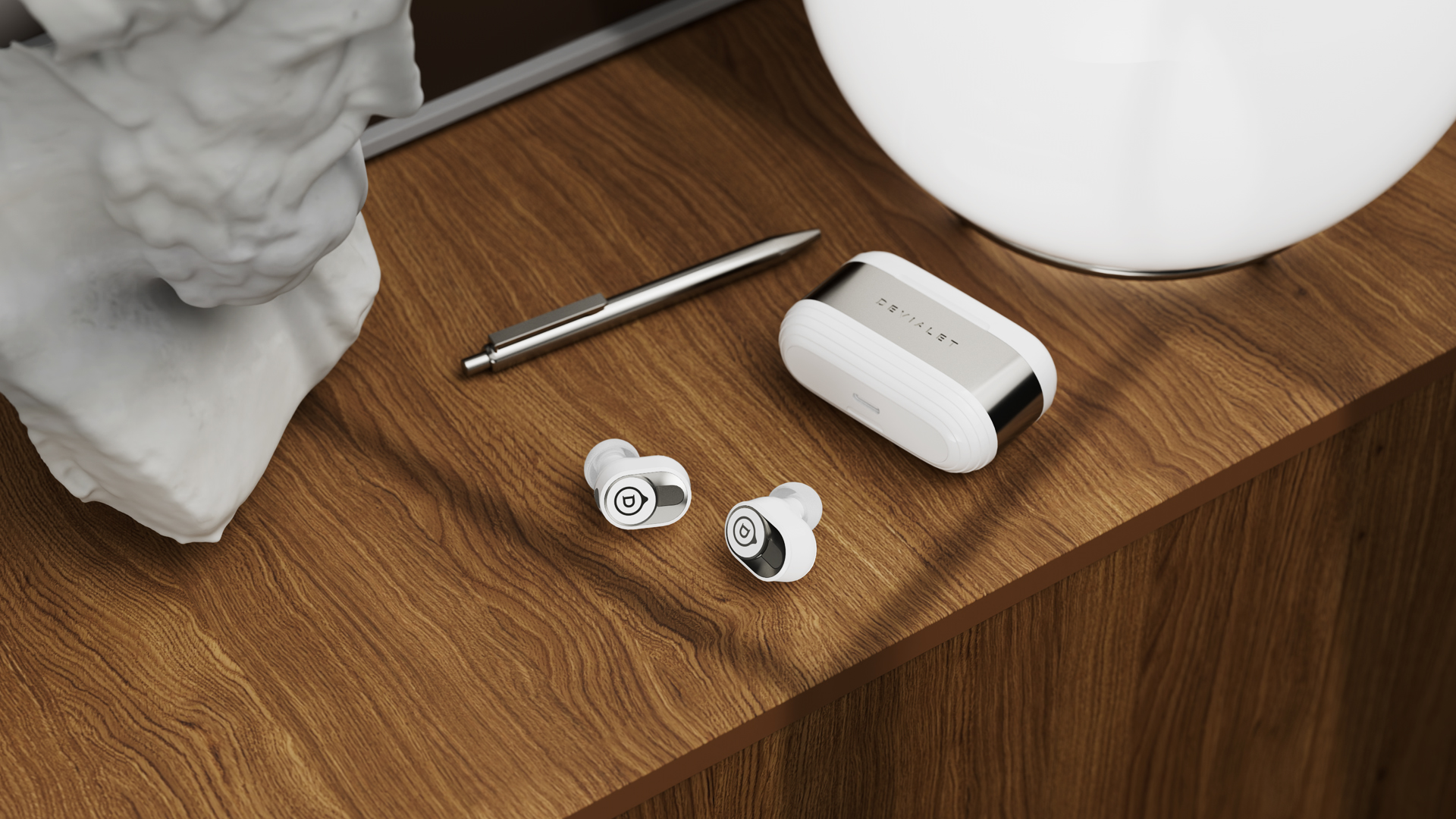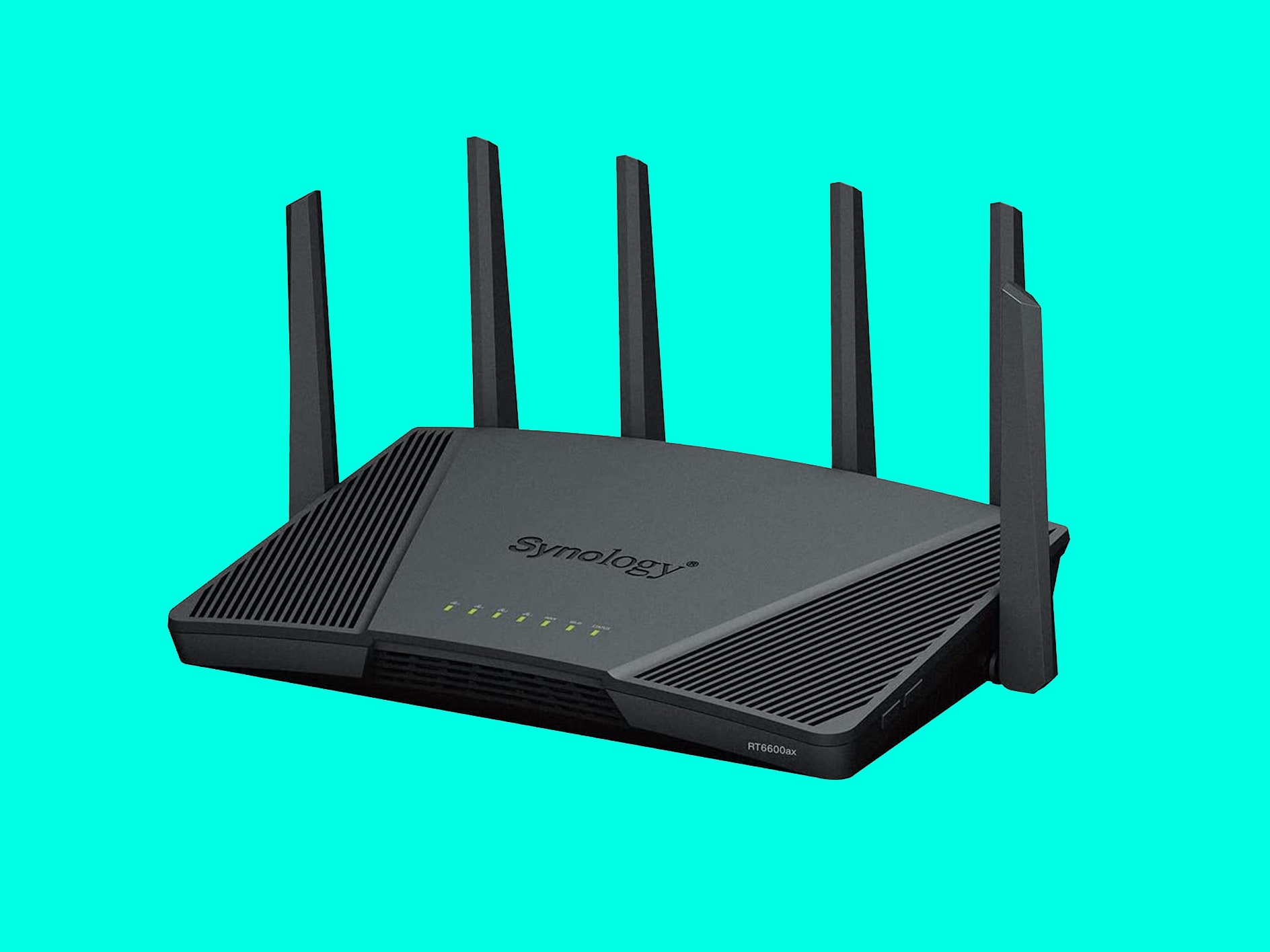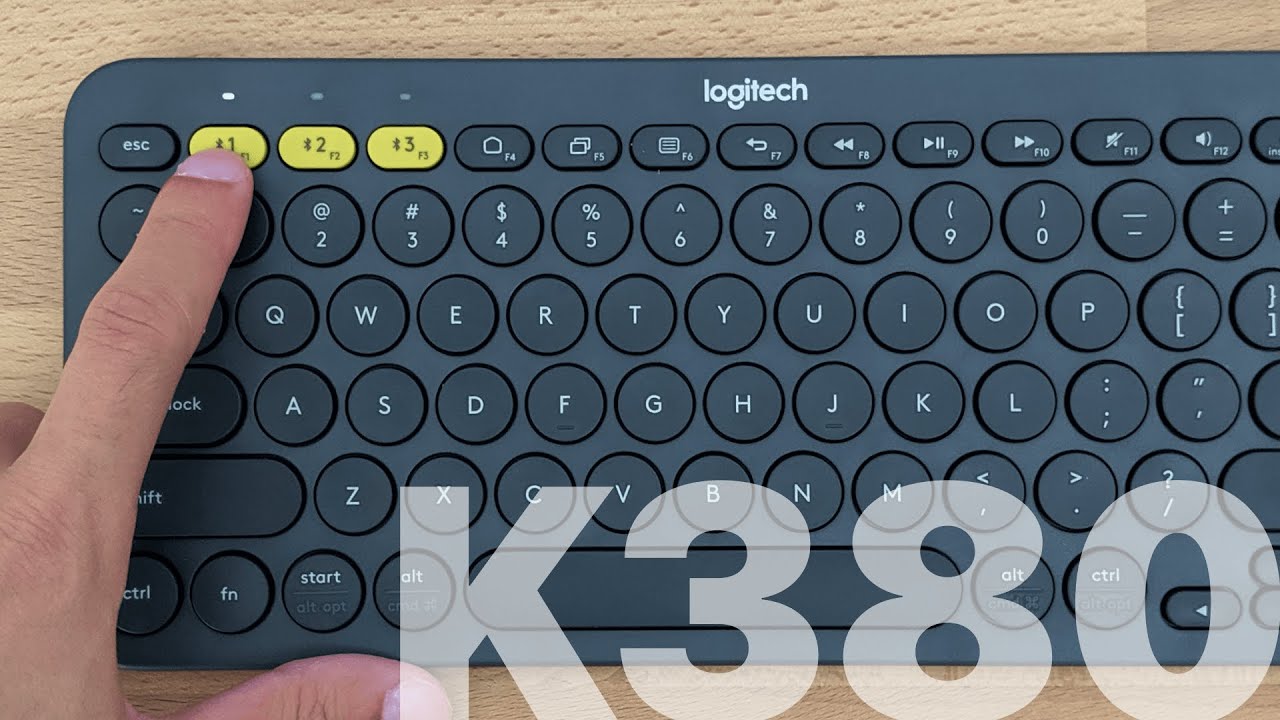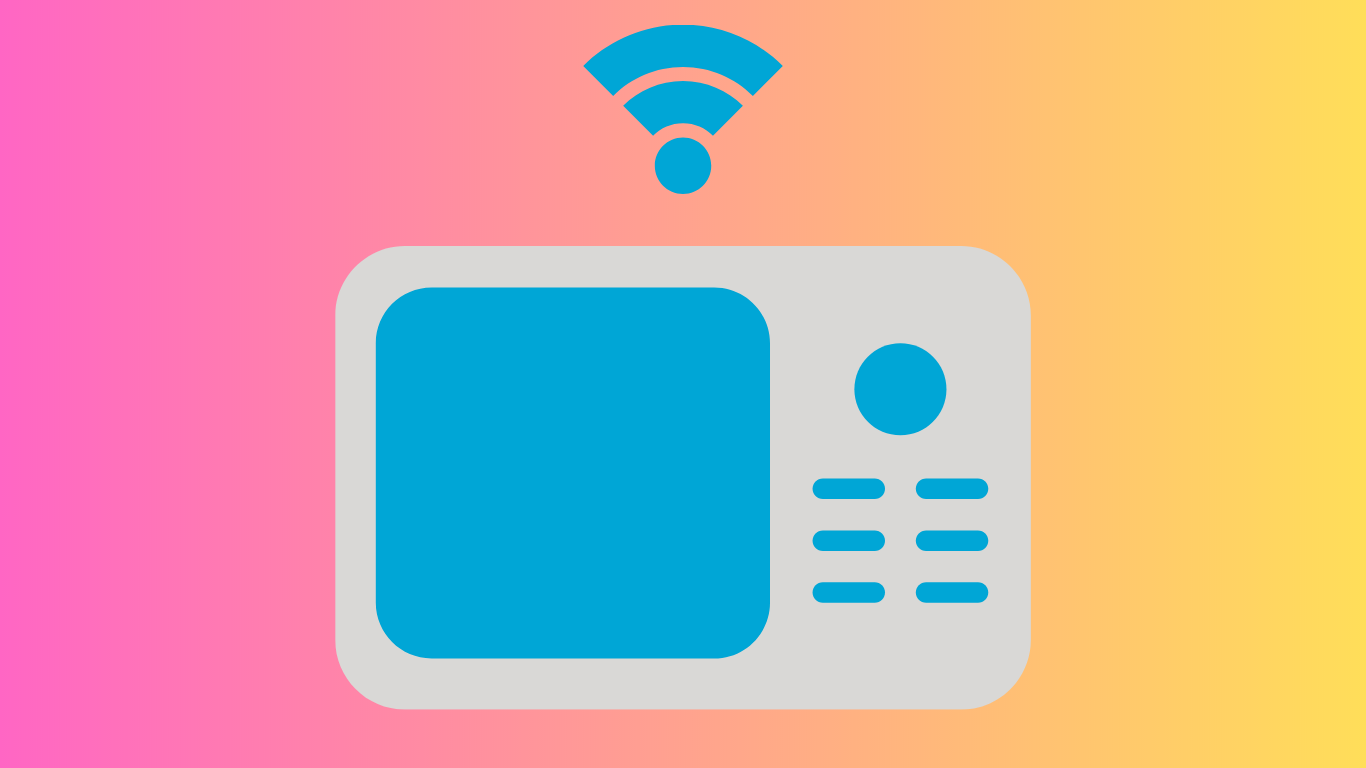Are All Wireless Speakers Bluetooth? Unveiling the Truth!
Yes, all wireless speakers use some form of radio frequency (RF) technology to receive signals, with most using Bluetooth, many using Wi-Fi, and some using both. Bluetooth speakers pair directly with devices like phones or laptops, while Wi-Fi speakers connect to home networks and usually require an outlet.
The main difference is that Bluetooth speakers are compact and truly wireless, while regular speakers require cables. Bluetooth itself does not rely on internet connectivity, so Wi-Fi is not needed for wireless speakers. It’s important to understand the differences between these two technologies when considering which type of wireless speaker to purchase.
Bluetooth Vs. Wi-fi: Understanding The Differences
Bluetooth vs. Wi-Fi: Understanding the Differences
While there isn’t one single type of wireless speaker technology, all wireless speakers use some form of radio frequency (RF) tech to receive signals. Most wireless speakers use Bluetooth, many have Wi-Fi, and some have both. Bluetooth speakers pair directly with a device like a phone or a laptop, offering a truly wireless experience. On the other hand, Wi-Fi speakers connect to your home network and usually require an outlet since they run on AC power.
Here are some pros and cons of Bluetooth speakers:
- Pros: Compact and wireless, easy to pair with devices, portable
- Cons: Limited range, susceptible to interference
Here are some pros and cons of Wi-Fi speakers:
- Pros: Stronger range, better sound quality, multi-room audio synchronization
- Cons: Need Wi-Fi network, usually require an outlet
In conclusion, both Bluetooth and Wi-Fi speakers have their own advantages and disadvantages. It ultimately depends on your specific needs and preferences when choosing between them.
Is there a difference between Bluetooth and wireless speakers?
While the terms “Bluetooth” and “wireless” are often used interchangeably, there is a distinction. Bluetooth is a specific wireless technology that enables short-range data exchange between devices. Wireless speakers, on the other hand, encompass various technologies like Wi-Fi or radio frequency (RF). While Bluetooth is a type of wireless connection, not all wireless speakers use Bluetooth. Each technology has its strengths and weaknesses, affecting factors like range, audio quality, and device compatibility. Understanding the difference helps in choosing the right speaker for your needs.
Additionally, Bluetooth speakers typically have a limited range, typically up to around 30 feet, making them suitable for close-range connections. They are commonly used for portable devices like smartphones and tablets. In contrast, other wireless speakers, such as those using Wi-Fi, can offer a broader range and are often preferred for home audio systems where the devices may be placed farther apart.
Another distinction lies in audio quality. Some argue that Wi-Fi-based wireless speakers can deliver higher fidelity audio compared to Bluetooth, especially in situations where a stable and high-speed internet connection is available. However, Bluetooth technology has evolved, and modern versions, like Bluetooth 5.0, provide improved data transfer rates and better audio quality.
The Role Of Bluetooth In Wireless Speakers
There isn’t one single type of wireless speaker technology, but all wireless speakers use some form of radio frequency (RF) tech to receive signals. Most use Bluetooth, many have Wi-Fi, and some have both.
Bluetooth speakers are compact and are truly wireless, meaning no clutter of cables while a normal speaker creates a fuss with its tangling wire cables. No additional app is required just switch on the Bluetooth connection and enjoy your favorite music irrespective of place and time.
Even though some devices may have Bluetooth and Wi-Fi capabilities, Bluetooth itself is not reliant on internet connectivity. Most wireless speakers offer both Wi-Fi and Bluetooth connectivity as a standard feature these days.
While Bluetooth technology offers advantages like portability, ease of use, and universal compatibility, it also has limitations such as limited range, potential interference, and loss of audio quality. However, it remains a popular choice as a convenient wireless technology for speakers.
Various Types Of Wireless Speaker Technologies
Various Types of Wireless Speaker Technologies:
- Bluetooth-only wireless speakers: These speakers rely solely on Bluetooth technology to connect and stream audio.
- Wi-Fi-only wireless speakers: These speakers connect to your home network using Wi-Fi and offer a broader range of features, such as multi-room audio.
- Bluetooth and Wi-Fi hybrid wireless speakers: These speakers combine the convenience of Bluetooth with the versatility of Wi-Fi, allowing for both direct device pairing and network connectivity.
- Other wireless speaker technologies (e.g. AirPlay, NFC): Some wireless speakers may utilize other technologies like AirPlay or NFC for connectivity, offering additional compatibility options.


Credit: www.tomsguide.com
Is audio better over Wi-Fi or Bluetooth?
The question of whether audio is better over Wi-Fi or Bluetooth can be complex, as it depends on several factors including the devices in use, the codecs supported, and what you prioritize in an audio experience (e.g., sound quality, latency, range, etc.). Below is a detailed examination of both options:
Wi-Fi Audio
Advantages:
- Higher Bitrate: Wi-Fi networks typically have much higher data transfer rates compared to Bluetooth. This allows for higher bitrate audio, which can translate to better sound quality.
- Lower Latency: Wi-Fi usually offers lower audio latency, which is particularly useful for watching videos or playing games where synchronization between audio and video is crucial.
- Multi-Room Support: Wi-Fi audio systems like Sonos or Google’s Chromecast Audio offer seamless multi-room audio experiences that are generally more robust and easier to control than Bluetooth-based solutions.
- Stable Connection: Wi-Fi networks tend to offer a more stable connection over longer distances and through obstacles like walls.
Disadvantages:
- Power Consumption: Devices connected via Wi-Fi usually consume more power compared to Bluetooth, which can be an issue for battery-powered devices.
- Complexity and Cost: Wi-Fi audio systems often require a more complex setup, including a Wi-Fi network, and may be more expensive initially.
Bluetooth Audio
Advantages:
- Ease of Use: Pairing devices over Bluetooth is generally straightforward, often requiring just a tap or two.
- Portability: Bluetooth doesn’t require a network infrastructure, making it more flexible for on-the-go or in-car audio.
- Low Power: Bluetooth, especially the Low Energy specification, is designed to consume less power, which is beneficial for battery-operated devices like smartphones and portable speakers.
Disadvantages:
- Limited Range: Bluetooth generally has a shorter range (about 30 feet unobstructed) compared to Wi-Fi.
- Audio Compression: Due to lower data rates, Bluetooth audio is often compressed, leading to a potential loss in sound quality. However, the impact of this depends on the Bluetooth codec used (e.g., SBC, AAC, aptX, LDAC).
- Latency: Bluetooth audio can suffer from higher latency, which might be noticeable when watching video or gaming.
Codec Considerations
The codec used for audio transmission can make a significant difference in audio quality. For instance, Bluetooth codecs like aptX, aptX HD, and LDAC offer much better sound quality compared to the standard SBC codec. Similarly, Wi-Fi audio systems that support high-resolution audio formats can provide an audiophile-level experience.
Frequently Asked Questions On Are All Wireless Speakers Bluetooth
Do All Wireless Speakers Use Bluetooth?
All wireless speakers use some form of radio frequency (RF) technology to receive signals. Most use Bluetooth, many have Wi-Fi, and some have both.
Is the Wireless Speaker the Same As Bluetooth?
Wireless speakers and Bluetooth speakers are not the same. Wireless speakers use various radio frequency technologies to receive signals, while Bluetooth speakers directly pair with a device such as a phone or laptop. Both offer wireless convenience but differ in their connectivity methods.
What Is The Difference Between Bluetooth Speaker And Normal Speaker?
Bluetooth speakers are wireless and compact, eliminating the need for tangled cables. They connect directly to a device via Bluetooth, while normal speakers require a physical connection and may cause clutter. No additional apps are required for Bluetooth speakers, making them convenient for enjoying music anytime, anywhere.
Do You Need Wi-Fi for Wireless Speakers?
No, Wi-Fi is not required for wireless speakers. While some wireless speakers have Wi-Fi capabilities, Bluetooth is the most common technology used for wireless connectivity.
Conclusion
Wireless speakers come in different types, but they all use some form of radio frequency technology to receive signals. While most wireless speakers use Bluetooth, some also have Wi-Fi capabilities, and there are even speakers that support both. Bluetooth speakers are portable and can be paired directly with devices like phones and laptops.
On the other hand, Wi-Fi speakers connect to your home network and require an outlet for power. Understanding the differences between these wireless speaker technologies can help you choose the perfect one to suit your needs.




